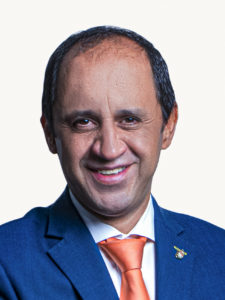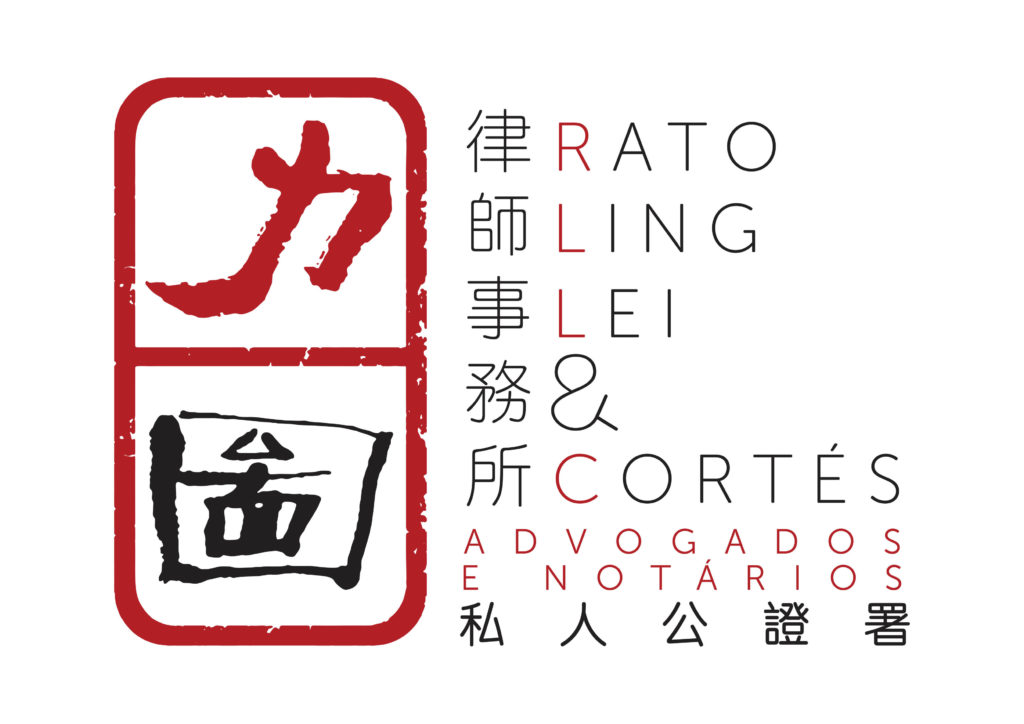Quick search
CTRL+K
Quick search
CTRL+K


Since 2010, the Global Law Experts annual awards have been celebrating excellence, innovation and performance across the legal communities from around the world.
posted 6 years ago
Introduction
Foreign investors and partners clearly
prefer out-of-court dispute resolution. However, owing to Macau’s current
arbitration regime and the difficulties that it poses, parties typically choose
other jurisdictions to resolve disputes.
Therefore, the government has drafted a
new arbitration bill which aims to:
The bill was approved in general by the
Legislative Assembly on 6 June 2018.
Macau’s dual arbitration system has two
key laws:
However, the existence of two decree laws
– which apply depending on whether the arbitration qualifies as an internal
arbitration or as an external arbitration with a commercial scope – routinely
causes conflict between parties. Further, as these laws present conflicting
solutions, they are often interpreted and applied inconsistently.
Given that the legislation has been
modified only once in the past 20 years, Macau’s arbitration regime can be
considered outdated.
Moreover, the scope of application of
these laws is difficult to define. Generally, Decree-Law 55/98/M applies to
arbitrations with a commercial nature (contractual or non-contractual) where:
On the other hand, Decree-Law 29/96/M
applies to internal arbitrations (ie, arbitrations falling within the scope of
Macau law).
Bearing in mind Macau’s role in the
commercial and trade cooperation service platform between China and
Portuguese-speaking countries, it is essential for Macau to provide a simple
arbitration regime that aligns with current international best practice and is
easy to comprehend and apply.
Therefore, Decree-Laws 29/96/M and 55/98/M
will be revoked when the new arbitration bill enters into force.
The new arbitration regime replaces the
abovementioned laws with a single law, which will apply to both internal and
external arbitrations in Macau.
The new law is inspired by the United
Nations Commission on International Trade Law Model Law on International
Commercial Arbitration (as amended in 2006) and reflects some of the previous
stipulations of Decree-Law 55/98/M, as well as some good solutions adopted in
other jurisdictions which are compatible with the Macau legal system.
The new law establishes a legal regime of
voluntary arbitrations and the recognition and enforcement of arbitration
awards issued outside Macau (Article 1).
Further, the new regime is based on a
number of principles, including:
In terms of its scope of application, the
new law implements the principle of territoriality and generally applies only
to arbitrations taking place in Macau (Article 2).
Unifying Macau’s arbitration system with a
single law is expected to improve legislative cohesion and application.
Further, such improvements should encourage foreign investors and partners to
choose Macau as their jurisdiction for submitting disputes and strengthen its
arbitration credentials internationally – particularly in Portuguese-speaking
countries.
This update
was first published in the International Law Office Offshore Services
Newsletter – www.internationallawoffice.com.
Author


There are no results matching your search.
Resetposted 2 days ago
posted 4 days ago
posted 4 days ago
posted 4 days ago
posted 4 days ago
posted 5 days ago
posted 5 days ago
There are no results matching your search.
ResetFind the right Legal Expert for your business
Sign up for the latest legal briefings and news within Global Law Experts’ community, as well as a whole host of features, editorial and conference updates direct to your email inbox.
Naturally you can unsubscribe at any time.
Global Law Experts is dedicated to providing exceptional legal services to clients around the world. With a vast network of highly skilled and experienced lawyers, we are committed to delivering innovative and tailored solutions to meet the diverse needs of our clients in various jurisdictions.